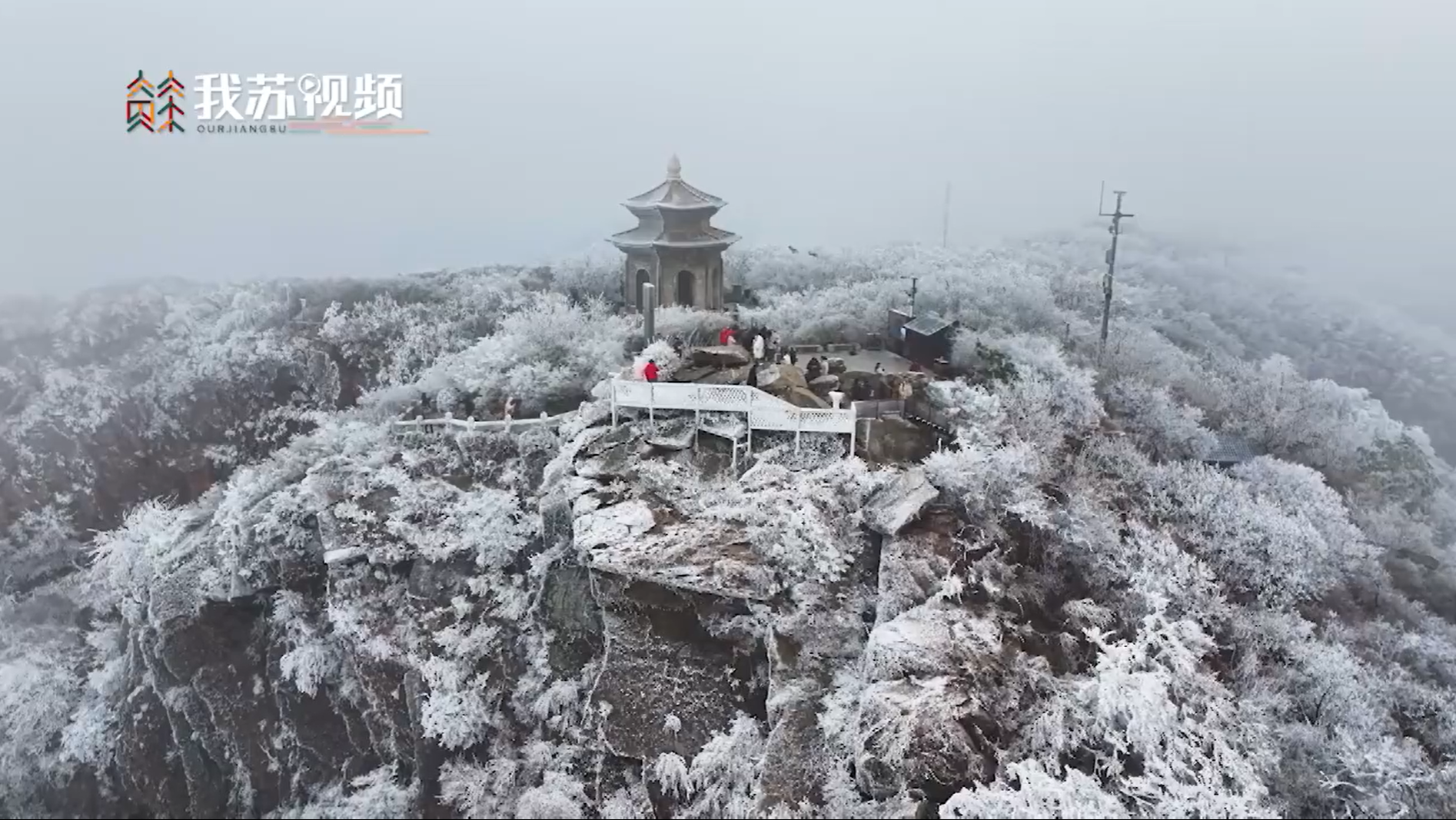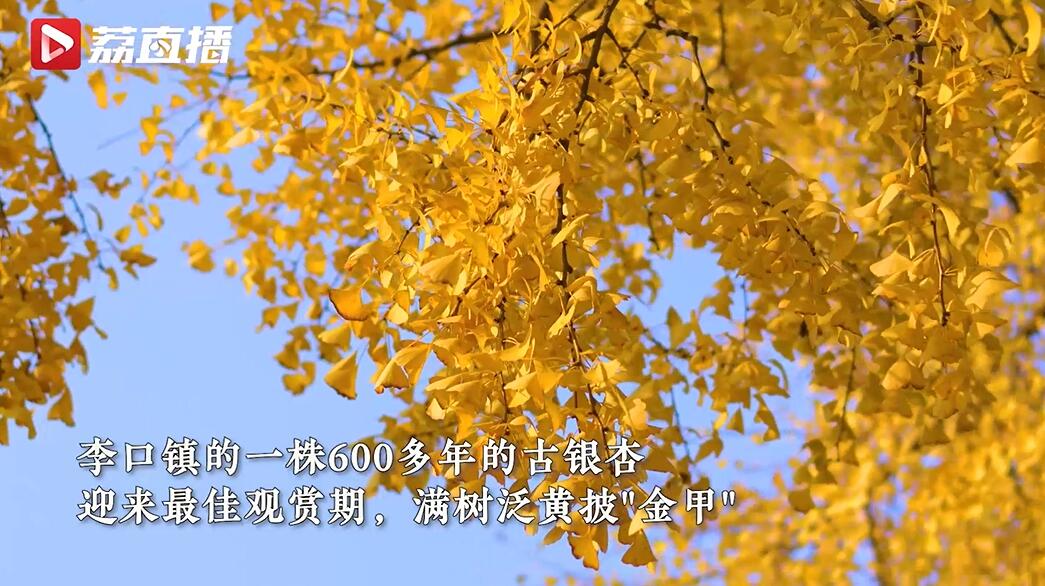To hype the so-called "China threat" is a "script" written by Japan, the rotating presidency of the Group of Seven (G7), for the G7 summit in Hiroshima.
Recently, the leader of Japan once again made irresponsible remarks during an interview, saying China is seeking unilateral changes to the status quo by force.
Making use of the G7 Hiroshima summit, the Japanese side has repeatedly fanned up the so-called "China threat" to demonstrate its "leadership" and the "solidarity" of the G7, which is indeed facing a number of problems.
Such practice of instigating bloc confrontation for private interests will only make Japan's neighboring countries in Asia more vigilant and further reveal to the international community the disgraceful role played by Japan.
Taiwan's return to China is a component of the post-war international order. It is written in black and white in the Cairo Declaration and the Potsdam Proclamation.
Japan, as a country whose militarists once launched wars of aggression, should have exercised caution in its words and deeds. However, for some time, some forces in Japan have vigorously advocated that "Any contingency for Taiwan is a contingency for Japan," and even erroneously identified Taiwan as "important for Japan's security and the stability of the international community," trying to make the Taiwan question an international issue.
By provoking China on issues concerning the country's core interests, Japan has grossly interfered in China's domestic affairs and blatantly challenged the post-war international order.
Despite the remarks by the leader of a European country that Europe should not get involved in the Taiwan question, Japan is trying to kidnap all other members of the G7 with the Taiwan question, which is a disrespect to them.
By hyping the so-called "China threat," Japan hopes to find excuses to break free from the military restrictions imposed on it over crimes of aggression committed by Japanese militarism in history.
Its written in the Potsdam Proclamation released in 1945 that Japan will eliminate militarism and establish a peaceful government.
Following the exclusively defense-oriented strategy, the ban on the right to collective self-defense and giving up the right to launch wars are promises made by Japan to the rest of the world.
However, the country has been revising its defense strategy over the recent years to break free from the Peace Constitution.
In December last year, Japan updated three security and defense-related documents including the National Security Strategy, the National Defense Strategy and the Defense Buildup Program, declaring that it has acquired the "counterstrike capability," or "enemy base strike capabilities." This meant that Japan abandoned the "exclusively defense-oriented" strategy and deviated from the Peace Constitution.
By taking China as an "unprecedented strategic challenge" and fanning up the so-called "China threat," Japan is trying to get rid of the restrictions from the Peace Constitution and find excuses to expand its military strength.
As an Asian country, Japan is passionate about being a "pioneer" in protecting American hegemony in the Asia-Pacific region, which seriously threatens regional peace and stability. The United States announced that it will "shape the strategic environment in which China operates," and Japan just fell into line with the United States and did the United States' bidding.
Japan has completely forgot the humiliation of being forced to accept the Plaza Accord and turned a deaf ear to the rational voices in the country to oppose the constitutional revision and military build-up.
Japan intends to spearhead NATO's foray into the Asia-Pacific. Last year, the country took part in a NATO summit for the first time, and now it is planning to open an NATO office in Tokyo, which clearly reveals its intention to introduce the alliance to the Asia-Pacific.
Asia is one of the most peaceful and stable regions in the world and a promising land for cooperation and development. It's not an arena for geopolitical contest. Japan's remarks and practices have alerted the international community, especially countries in the Asia-Pacific.
Japan has ulterior motives by roping in other G7 members. It is eager to shake off the institutional restrictions formed after the World War II and become a "normal" country. Hosting the G7 summit is considered an opportunity for the country to demonstrate its "big-country ambition."
However, as a Japanese media outlet analyzed, the global influence of the G7 today is not as big as it used to be. It's ill-conceived for Japan to embolden itself by roping in other G7 members.
If Japan really wants to become a responsible member of the international society as it has claimed, it should take concrete actions to win trust from its neighboring countries in Asia and the rest of the international community, rather than giving empty slogans.
Japan also has the intension to have other G7 members endorse its plan to discharge nuclear-contaminated water into the sea.
During a press conference of the G7 Ministers' Meeting on Climate, Energy and Environment held last month, the Japanese side claimed that the steady decommissioning progress including the release of treated water into the ocean "will be welcomed." However, Steffi Lemke, Germany's Minister for the Environment, Nature Conservation, Nuclear Safety and Consumer Protection, slammed the claim, saying she "cannot welcome the release of the treated water."
The Japanese plan to discharge nuclear-contaminated water into the sea violates the international obligations of Japan. The country will only make itself more distrusted if it keeps asking for endorsement from other countries.
In history, Hiroshima once shouldered huge trauma as a result of the war of aggression waged by Japanese militarists. Today, Japan is turning a blind eye to history and playing dangerous geopolitical games when the world is facing challenges, which is extremely irresponsible for the Japanese people and the international community.
The Japanese government should listen carefully to the voices of justice from its people. They don't want Hiroshima, a city once took an atomic bomb, to be utilized politically, and don't want Japan to be an accomplice of war.
(Zhong Sheng is a pen name often used by People's Daily to express its views on foreign policy and international affairs.)





